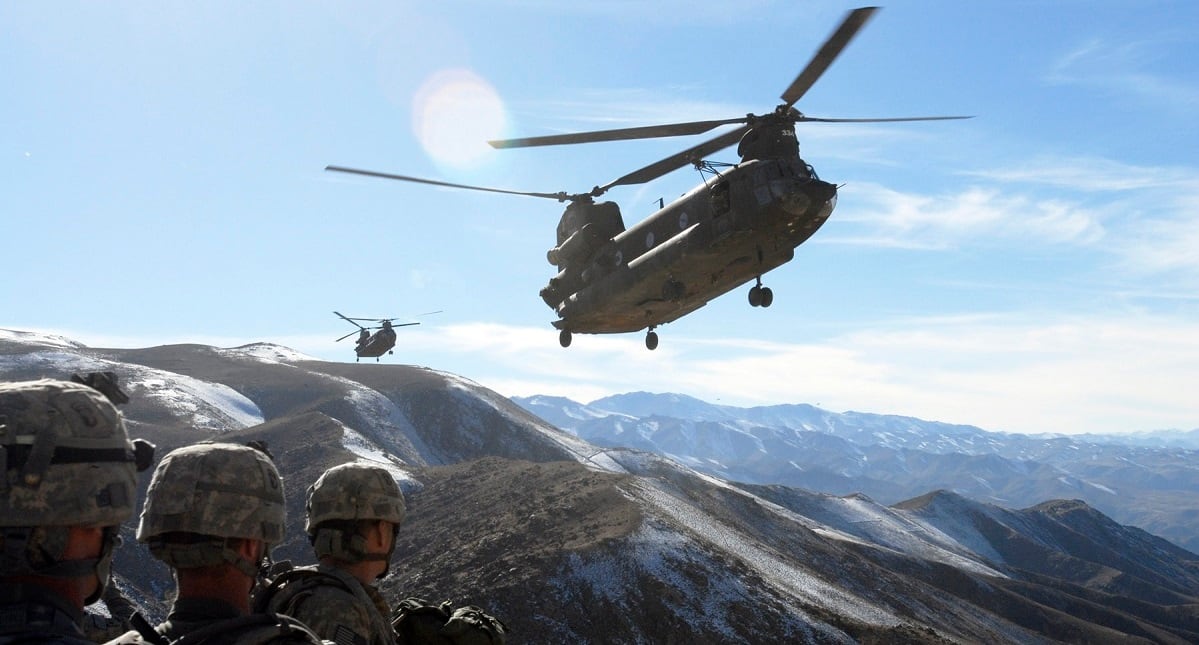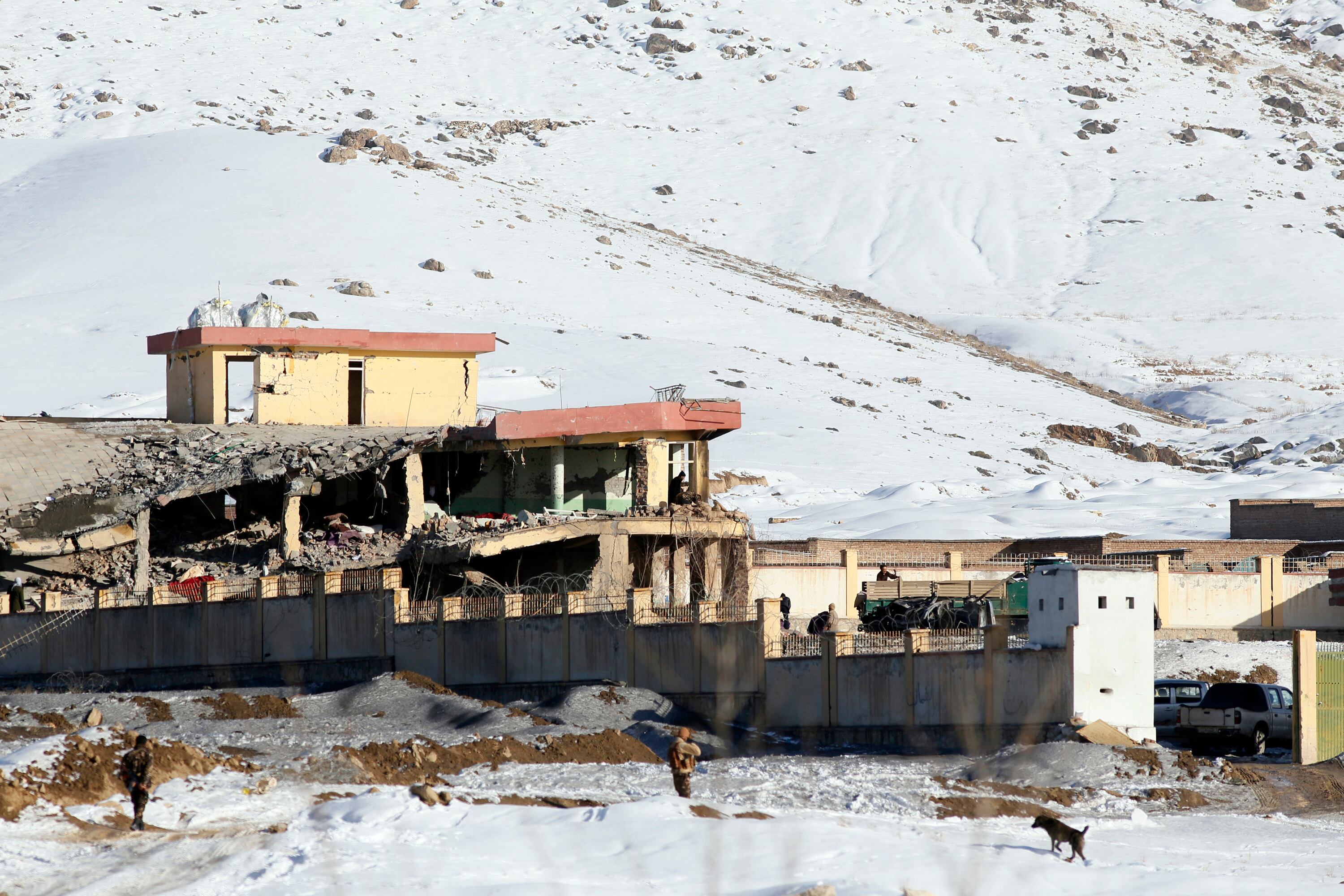The U.S. and the Taliban have made “significant progress" during peace negotiations in Doha, Qatar, where the militant group allegedly promised under a draft deal that international terror groups like al-Qaida will not be permitted back into Afghanistan if U.S. troops withdraw.
Taliban spokesmen confirmed that the six-day round of negotiations was successful and said talks would resume after the diplomats briefed their respective leaders. However, the insurgent group publicly denied that a cease-fire has already been agreed to, as well as reports that they intend to meet with the internationally recognized Afghan government.
“After six days in Doha, I’m headed to Afghanistan for consultations. Meetings here were more productive than they have been in the past. We made significant progress on vital issues,” the American special envoy, Zalmay Khalilzad, tweeted over the weekend.
He added that the U.S. diplomatic team “will build on the momentum and resume talks shortly.”
“We have a number of issues left to work out," Khalilzad said. “Nothing is agreed until everything is agreed, and ‘everything’ must include an intra-Afghan dialogue and comprehensive ceasefire.”
The Taliban have reportedly agreed to prevent al-Qaida from building a base of operations in Afghanistan under the draft deal.
The militants provided sanctuary for al-Qaida operatives prior to Sept. 11, 2001, prompting U.S. forces to oust the group from power with the help of Afghan allies in the months following the terror attack that killed almost 3,000 Americans.
Since then, the U.S. has backed an Afghan government opposed to the Taliban — one more progressive in the category of human rights — while waging a counterinsurgency campaign against the militants to varying degrees of success.
In order to end to the conflict in a peace settlement, the Taliban has long maintained that it will only negotiate with the U.S., and not the Afghan government that it views as illegitimate.
RELATED

“This round of negotiations revolving around the withdrawal of foreign troops from Afghanistan and other vital issues saw progress," Taliban spokesman Zabihullah Mujahid said in a statement. “The policy of the [Taliban] during talks was very clear — until the issue of withdrawal of foreign forces from Afghanistan is agreed upon, progress in other issues is impossible."
A senior U.S. official told the New York Times on the condition of anonymity that the Taliban delegation in Qatar had asked for time to discuss with their leaders the possibility of talking directly to the Afghan government, as well as instituting a cease-fire.
Khalilzad, the lead U.S. envoy, did not confirm or deny that narrative during an interview with the Times in Kabul on Monday.
“We have a draft of the framework that has to be fleshed out before it becomes an agreement,” Khalilzad said. “The Taliban have committed, to our satisfaction, to do what is necessary that would prevent Afghanistan from ever becoming a platform for international terrorist groups or individuals.”
After a meeting between Afghan President Ashraf Ghani and the U.S. diplomatic team, Ghani held a televised address to the Afghan public.

He said that the rights that have come to Afghans through the presence of NATO forces will not be reversed, and called on the Taliban to negotiate directly with his government.
Negotiations in Qatar have not halted conflict in Afghanistan. Taliban insurgents regularly attack Afghan security forces at their bases and checkpoints, as well as U.S. and NATO troops advising their allies.
A Taliban attack against an Afghan intelligence service base in Wardak province last week killed an estimated 36 security personnel and wounded more than 50 others, according to Afghanistan’s National Directorate of Security.
Two American soldiers, an Army Ranger and an Army Green Beret, were killed in January during combat operations.
There are roughly 14,000 U.S. troops in Afghanistan advising and assisting Afghan government forces fight Taliban insurgents and an Islamic State affiliate.
The Associated Press contributed to this report.
Kyle Rempfer was an editor and reporter who has covered combat operations, criminal cases, foreign military assistance and training accidents. Before entering journalism, Kyle served in U.S. Air Force Special Tactics and deployed in 2014 to Paktika Province, Afghanistan, and Baghdad, Iraq.




